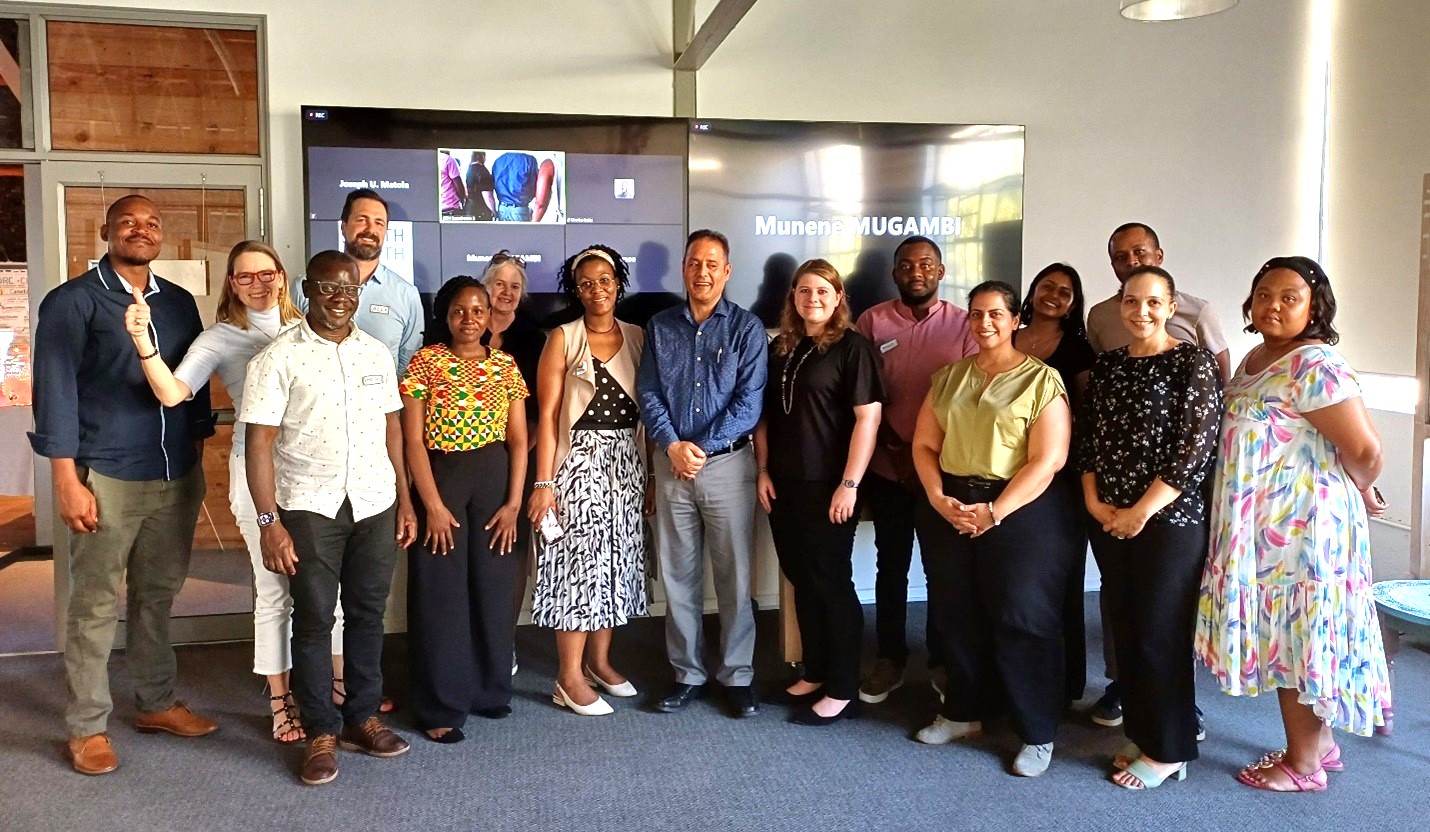Navigating Just Energy Transition Together: Shared learnings from South Africa, Indonesia, and Vietnam
This report summarises insights shared during the JETP Convening for Exchange and Learning event between...
Event summary
A recent symposium held by the International Development Research Centre (IDRC) in Cape Town explored the crucial role of research in shaping policies and plans for a just transition in Africa.
Country:
South Africa,
Organisation:
IDRC,


Africa’s pursuit of a just transition, characterised by equitable, inclusive, and sustainable development, is an evolving journey shaped by ongoing research. The International Development Research Centre (IDRC) recently convened an invite-only symposium in Cape Town to foster collaboration, dialogue, and synergies among its grant recipients working on a just transition in the Southern African Development Community (SADC) region (the SADC is an intergovernmental organisation comprising countries in Africa’s southern tip). The symposium highlighted the crucial role of research in shaping policies and plans for a just transition tailored to the unique context of Africa.
Awareness and implementation of just transition in the SADC region are still in their infancy, necessitating thoughtful conceptualisation. Key considerations include the diversity of emissions and energy access across SADC countries, with equity, jobs, and energy inclusivity emerging as pivotal themes during the symposium. Understanding the beneficiaries, their impact, and the historical context (such as the exploitation of natural resources) is also foundational to framing a just transition.
Key topics discussed during the symposium included health justice as a critical metric for measuring the success of just transition in Africa as a whole. The topics of mineral energy complex, inequality, apartheid spatial legacy, and the extractive economy were outlined as especially relevant in the South African just transition context. It was highlighted that the research indicates that current efforts often overlook crucial aspects such as local economic development, energy affordability, and energy democratisation.
Two case studies delved into the impact of independent power producer developments on both the creation of employment and socio-economic development in the Northern Cape province. The findings revealed that the Renewable Energy Independent Power Producer Procurement programme lacked proper integration with local economic plans, leading to land privatisation, unemployment, and inequality. The key takeaways include the need for better coordination, compulsory local employment, and sustainable socio-economic contributions within the procurement programme.
The idea of leveraging the African Continental Free Trade Area to operationalise just energy transition was also presented in a paper that highlighted the disconnect between how just transition is conceptualised in the African geopolitical context and in the rest of the world. The paper explored a more comprehensive approach to just transition in relation to intercontinental trade by considering migration, industrialisation, and energy value chains.
The symposium emphasised the importance of conceptualising just transition beyond climate and energy —prioritising social justice and local participation. Policy-makers are urged to navigate just transition implementation effectively by considering local contexts, engaging communities with limited basic services, addressing disparities in ethnicity and social aspects, and understanding the gender implications.
The energy aspect of the transition should also consider how independent power producer developments impact local economic growth, and it should factor in the need for national policies to include local municipal plans in such programmes.
Key takeaways include:
Receive updates on just energy transition news, insights, knowledge, and events directly in your inbox.